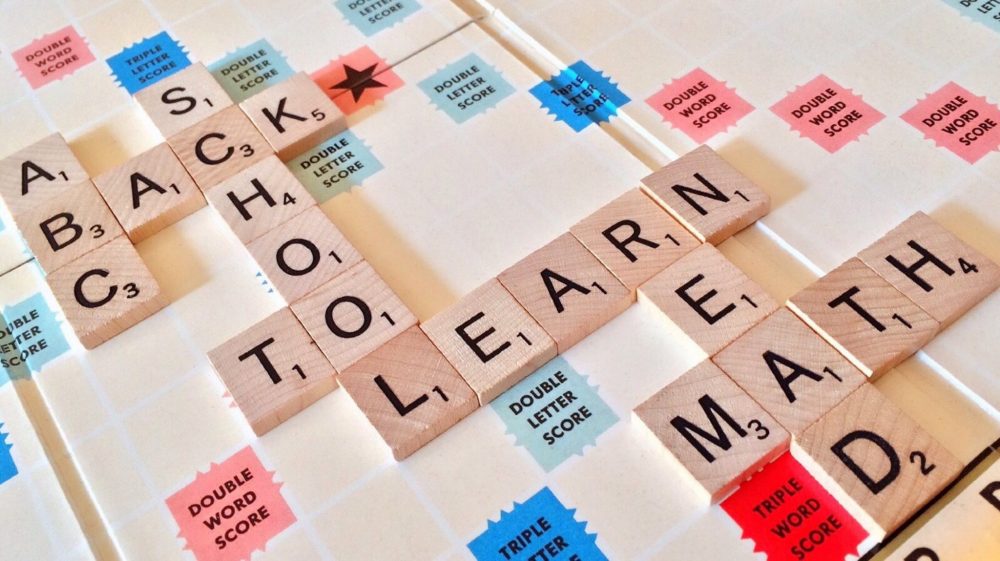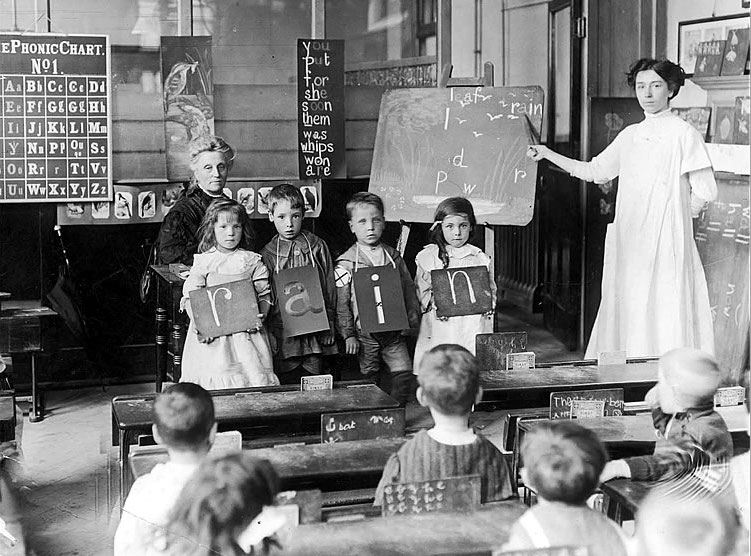The President of Germany, Joachim Gauck, last week called for English to become the official language of the European Union. He insisted that, as English is the most commonly shared language across the European community, more effort should be put into teaching English as a second language in order to improve communications across the continent and bring together a united Europe.
Although greeted with approval by many, there has been opposition to President Gauck’s proposals, most notably from French diplomats, who feel their linguistic heritage is under threat. (more…)






 Happy Chinese New Year! The Year of the Snake begins on Wednesday 29th January 2025. The snake is associated with wisdom, strategic planning and intuition in Chinese culture. This enigmatic creature should imbue your EFL teaching learning and teaching with goal-focused diligence this year. Chinese tradition dictates that 2025 will be filled with effective progress, along with a touch of witty humour!
Happy Chinese New Year! The Year of the Snake begins on Wednesday 29th January 2025. The snake is associated with wisdom, strategic planning and intuition in Chinese culture. This enigmatic creature should imbue your EFL teaching learning and teaching with goal-focused diligence this year. Chinese tradition dictates that 2025 will be filled with effective progress, along with a touch of witty humour!

